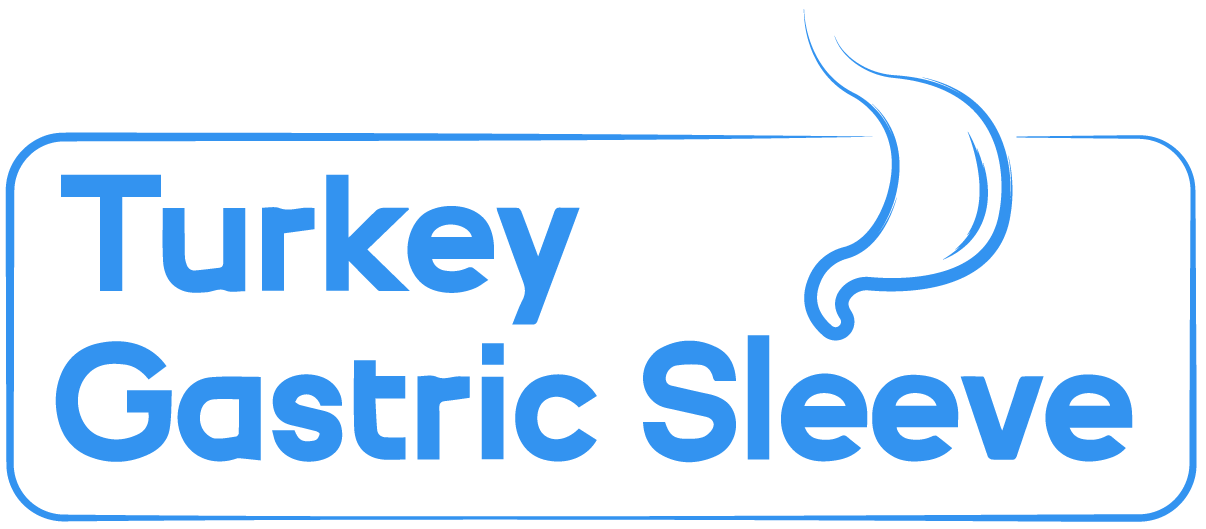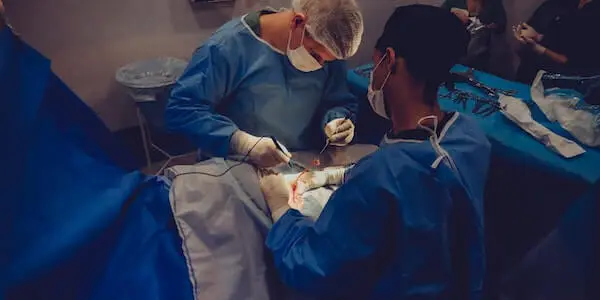Signs of malnutrition after gastric sleeve surgery. Following gastric sleeve surgery, patients must watch for signs of malnutrition. This condition is a major cause of concern. Patients are not always able to properly digest food after the operation, and the patient is at risk of missing important vitamins and minerals. To avoid this, it is important to follow the doctor’s diet carefully and take any supplements that your doctor may prescribe. If the malnutrition continues, hospitalization and intravenous nutrition may be necessary.
Signs of Malnutrition After Gastric Sleeve Surgery
Following the post-operative diet plan and taking supplements after gastric sleeve surgery is important for preventing malnutrition. In addition, you should avoid eating empty calories and choose foods high in nutrient content. Malnutrition is a serious complication of bariatric surgery, but most cases are preventable with proper nutrition.
In one report, a middle-aged woman who underwent gastric sleeve surgery developed Wernicke’s encephalopathy. In addition to malnutrition, patients may develop multiple complications after the procedure, including liver disease. Furthermore, vomiting can prevent a person from absorbing nutrients.
Best Signs of malnutrition after gastric sleeve surgery. The most severe complications of bariatric-related malnutrition are caused by a lack of protein. Symptoms may include edema, an increase in appetite, skin, and nail problems. If you or someone you know has had a gastric sleeve, make sure to increase the protein intake at least 30%. Also, be sure to do exercises to maintain muscle mass.
What signs of malnutrition after gastric sleeve surgery? Another complication of bariatric surgery is vitamin and mineral deficiencies. Patients with Roux-en-Y gastric bypass surgery are at a higher risk for vitamin deficiencies, since food is bypassed before it reaches the small intestine, reducing the amount of nutrients that are absorbed.
A recent report found that a patient underwent bariatric surgery suffered from vitamin and mineral deficiencies, severe protein malnutrition, and an infection. The patient also had worsening diarrhea and was prescribed antibiotics and parenteral nutrition. The patient required specialized follow-up for a period of time. Infection and nutritional deficiencies can be serious complications of bariatric surgery, and the patient should be monitored regularly by his or her medical physician.
One patient, who underwent a second surgery, developed further intestinal resection. One anastomosis was performed to connect the postpyloric part of the duodenum to the small intestine. The surgery resulted in a short time-term weight loss of 24 kg.
Although the recovery period after gastric sleeve is relatively short, there are a number of serious complications that can occur in this time period. These complications can result in hospitalization and even death. Preventing them and identifying them early can greatly improve your long-term health.
Signs of Dehydration After Gastric Sleeve Surgery
Dehydration can be a common problem after gastric sleeve surgery. This condition occurs when the body does not receive enough fluids, and it can affect the patient in many ways. For example, dehydration can cause fatigue and headaches, and can impair cognitive function. In order to avoid these symptoms, patients should try to consume plenty of water as soon as possible.

Common signs of malnutrition after gastric sleeve. A common symptom of dehydration after gastric stapling is increased thirst. While this is a natural response to a decreased intake of fluid, it can also be a sign of severe dehydration and require emergency treatment. In severe cases, IV hydration may be required.
While fluids are available from food, they are difficult to obtain in large amounts during the early post-op period. Liquids, on the other hand, can be more effective than food because they go down more easily. A common mistake is waiting an hour before drinking, as this can lead to dehydration.
Other common signs of dehydration include low blood pressure, an elevated body temperature, and frequent episodes of lightheadedness. If you notice any of these symptoms, contact your healthcare provider immediately.
What is Gastric Bypass Malabsorption Syndrome?
While gastric bypass is a highly effective method for weight loss, some patients may develop nutrient deficiencies following this procedure. The cause of these deficiencies is not clear. However, several factors appear to contribute to this problem. These include obesity and preoperative weight loss, altered digestion, and nonadherence to supplementation regimens. Affected nutrients may include iron, thiamine, vitamin B12, copper, and vitamin D.
Gastric bypass patients can expect to lose up to 70 percent of their excess body weight within the first year of surgery. However, by the second year, they are likely to regain as much as 5% of their excess weight. By the 10 year follow-up, around 41% of bariatric patients experience some weight gain.

